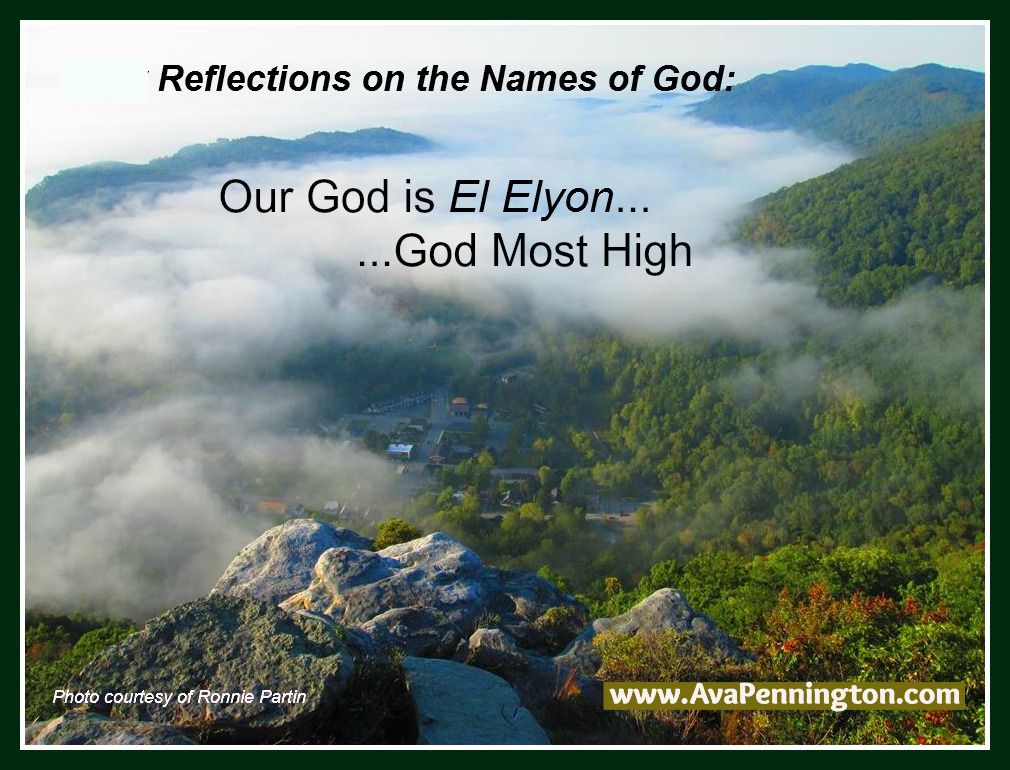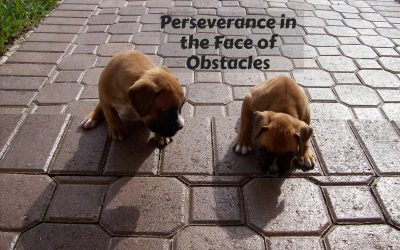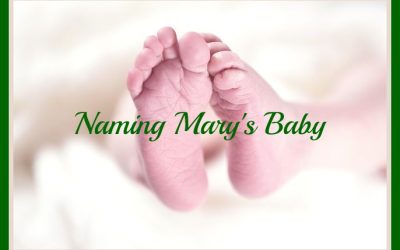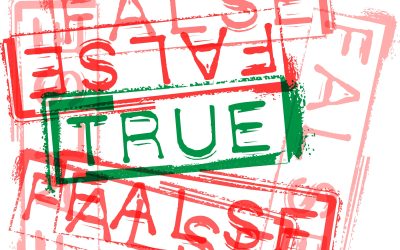Who Is El Elyon and Why Should We Care?
The more I read and listen to news reports of current events, the more my head hurts. Truly. Watching a world in which truth is manipulated to mean whatever you want it to mean can bring on a roaring headache . . . and heartache.
From disputes over identifying gender on the world stage of the Olympics to a level of antisemitism reminiscent of Germany during World War II, our world seems to be spinning out of control. Icy fingers of fear easily grip our hearts as we wonder if there is anyone who can restore stability to a world out of order.
And then I remember El Elyon, God Most High, a name for God introduced in the book of Genesis after Abram defeated a group of powerful kings.
No Limits
In the ancient world, people believed physical boundaries governed deities. They believed specific territories limited each nation’s gods. If one nation conquered another, it meant their god crossed beyond their territory and was stronger than their opponent’s god.
Then along came Abram, who understood that he belonged to El Elyon—God Most High. The repetition in this name of God—El El—emphasizes His power and might. El Elyon is the mightiest of the mighty, the strongest of the strong. He is Creator and owner of all things, stronger than anything in the physical or the spiritual world. Neither geographical nor spiritual boundaries can limit Him.
It’s tempting for us to put God in a religious box and take Him out only on Sundays. But El Elyon is the Lord of every part of our life: political, spiritual, physical, mental, and emotional. Like Abram, let’s trust Him in every area. The confusion plaguing His creation is not out of His control. You might ask, then why doesn’t He do something about it?
Perhaps it’s because we don’t really want Him to. More and more, the nations of the world are governed by leaders who consider themselves beyond God’s reach. Whether dictators or elected politicians, these leaders have set themselves as authorities equal to or greater than El Elyon.
No One Higher
We find a similar story in the Old Testament book of Daniel. The king of the Babylonian Empire, King Nebuchadnezzar, declared that his throne and prosperity resulted from his own efforts and for his own glory. He failed to recognize that El Elyon, God Most High, established and removed rulers to fulfill His divine purposes. Sound familiar? The prophet Daniel warned the king that unless he acknowledged the Most High God, he would lose everything. Nebuchadnezzar ignored the warning and suffered El Elyon’s judgment.
We may not own a palace or rule a nation, but we can still fall prey to the same danger Nebuchadnezzar did. Material blessings can tempt us to believe our prosperity is due to our own efforts. We brag about our homes or our jobs and rest in the security of growing bank accounts.
God Most High does not provide these things for our glory and honor. He blesses us to fulfill His purposes through us. Employment layoffs, foreclosures, accidents, illnesses, and other crises remind us we have less control over our positions and prosperity than we may think.
So as we experience the fruit of living in a broken world that has rejected its Creator, let’s remember to give El Elyon, God Most High, all the glory and credit for His blessings. And let’s also remember that regardless of who our earthly leaders are, God is still on His throne, allowing history to progress according to His ultimate purposes.
Yes, my head—and heart—still hurt as I observe the results of rejecting El Elyon. But my head—and my heart—also know that while He has allowed us to reap the confusion of rejecting Him, His righteous judgment will prevail.
* Adapted from Daily Reflections on the Names of God: A Devotional, by Ava Pennington.






0 Comments